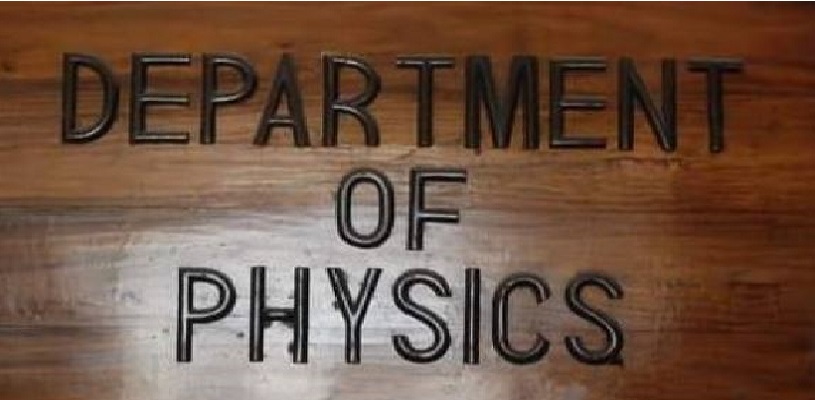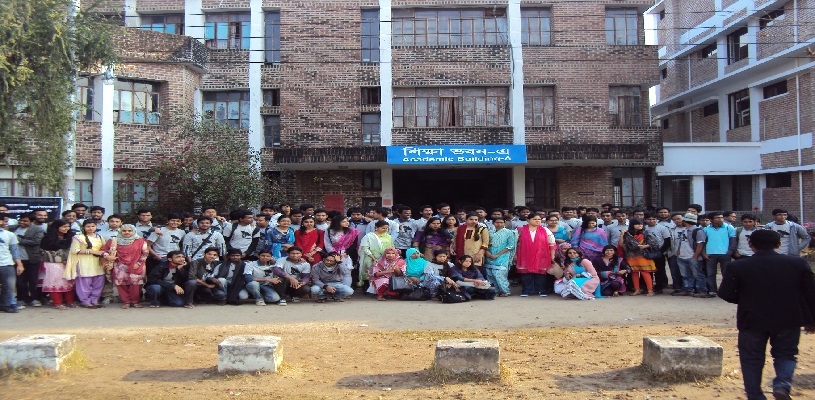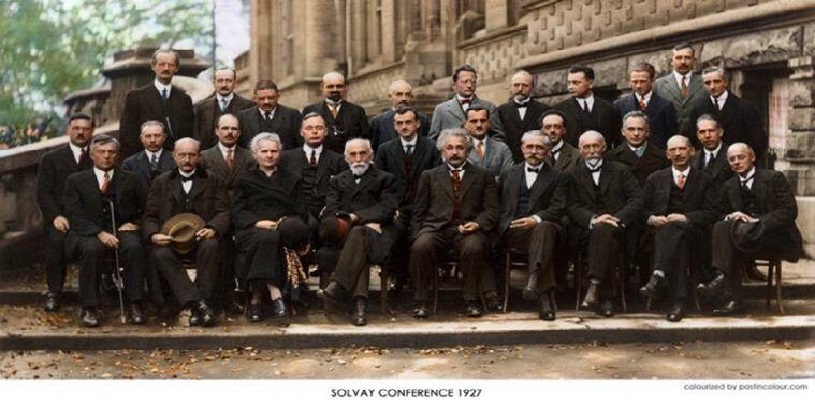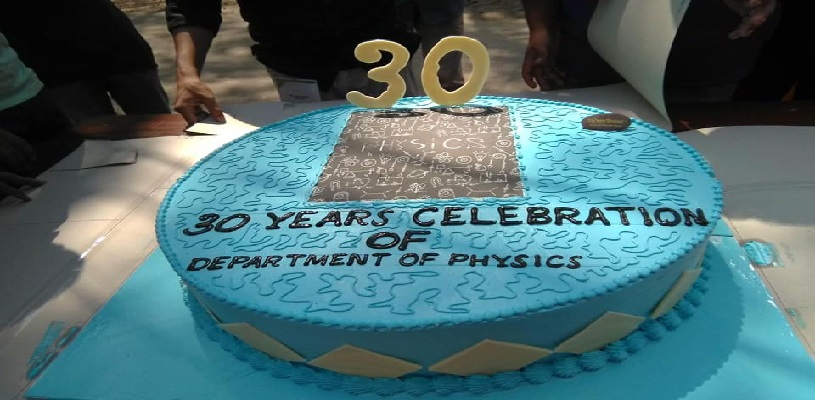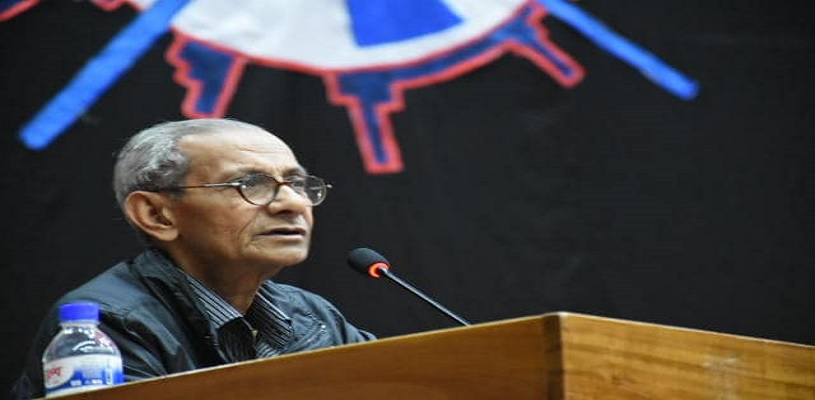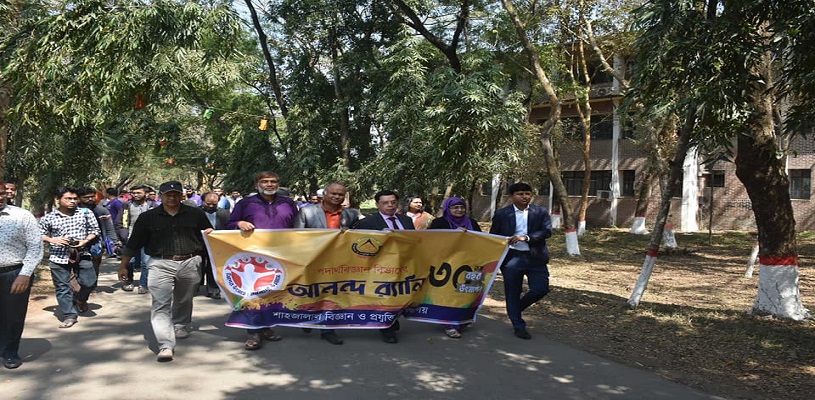Shahjalal University of Science and Technology
-
Overview
-
Message From Head
-
Academic
- Program
- Admission
- Curriculum
- Student Engagement & Support
-
Research
-
Faculty
-
Student Adviser
-
Former Head
-
Officers
-
Scholarship
-
Activities
-
Announcement
- Notice Board
- News & Events
-
Alumni
-
Contact Us
Physics
Overview
Shahjalal University of Science and Technology (SUST) started its journey on 14 February 1991. The academic session 1990-1991 was commenced on the same day. The 1st class of the first 1st year was on 16 February 1991 in the room 307A and the class was conducted by the Head of the Department Professor Dr. Arun Kumar Basak. Professor Dr. Arun Kumar Basak is serving now as an Emeritus Professor of the University of Rajshahi. Research works in the fields of Quantum Mechanics, Gravitational Physics, Nonlinear Optics and BioOptics, Atmospheric Physics, Reactor Physics, Neutron Radiography, Nuclear Physics, Biophysics, Solid State Physics, Nanoelectronics and Optoelectronics are running in this Department. At present, a good number of students and faculties from this University, other Universities and Government Colleges are doing research for the degrees of M. Phil and Ph. D. First Ph. D. awardee from this University. From 19 March 2020 Professor Dr. Nazia Chawdhury is continuing her duty as Head in this Department. The Department has well-equipped 5 Laboratories, which are equivalent to the world standards. These are Nonlinear Optics Laboratory, Nonlinear Bio-Optics Laboratory, Low-Temperature Physics Laboratory, Material Science Laboratory, and Organic Optoelectronics Laboratory. A student from this Department has shown his success at NASA (National Aeronautics and Space Administration), USA. There are 10 Professors, 4 Associate Professors, 5 Assistant Professors, 4 Lecturers, and 15 officers and experienced laboratory staff in the Department. There is an organization in the Department called "Physics Society" whose activities are to organize seminars, workshops, cultural programs, sports, and to celebrate different national days. This Department has organized National and International Conferences, and divisional Physics Olympiad. Physics students learn how the laws of nature can be used to explain the many phenomena of our world. Most students are excited to find that elementary principles, many of which are learned in introductory physics courses, may be used to solve seemingly complex problems. This ability to apply the simple principles that underlie complex problems will serve students well in the interests and careers they pursue after graduation. A solid grounding in Physics, which includes good communication skills, both written and oral, is an asset sought by most employers. Physics Graduates find employment in the various areas of physics and other physical sciences; in technological and health industries; in financial services; and in computer science, library science, education, communication, law, and medicine.

